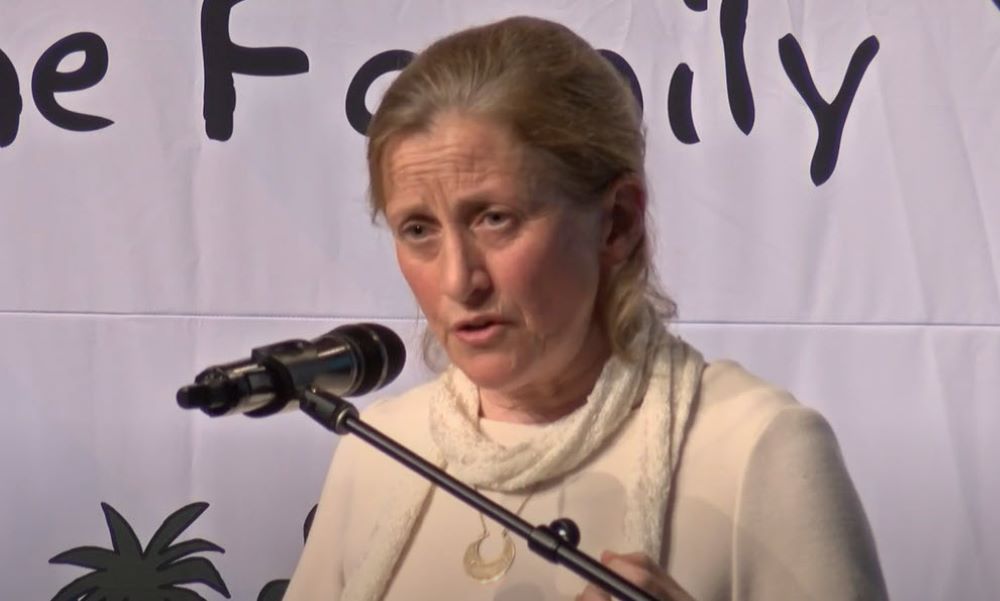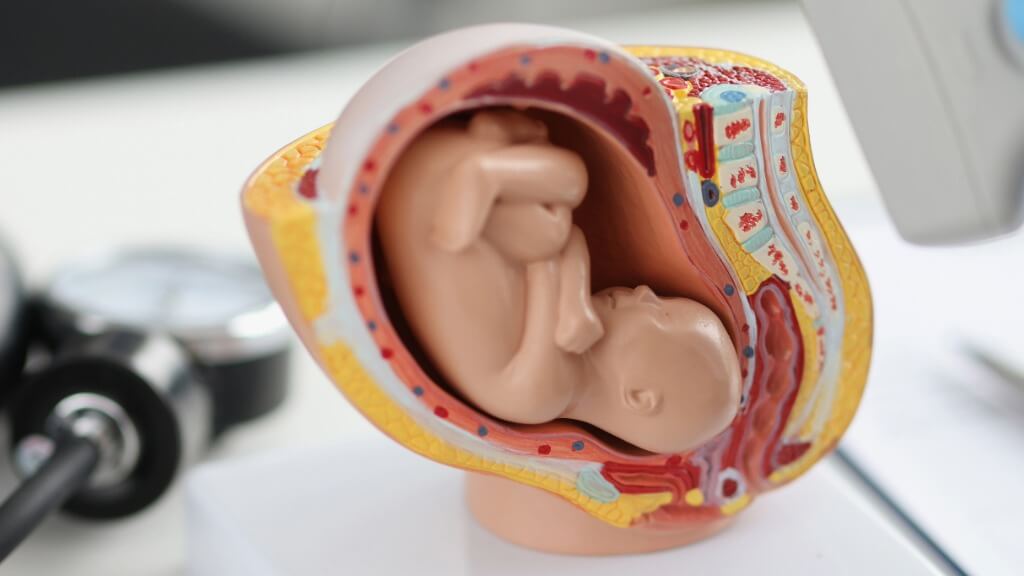Doctors in New Zealand have spoken out highlighting huge concerns with some of the recommendations in the recent End Of Life Choice Act review.
In an exclusive with Family First, Dr Sinead Donnelly, the organiser of Doctors Say No campaign, has promised to continue to fight euthanasia and make doctors’ voices heard.
One recommendation in the report, in effect, voids any rights of the medical professional to conscientiously object to having any part to play in an assisted death.
The recommendation states that a health practitioner must provide the contact details for the Assisted Dying Service or contact the service on the patient’s behalf.
Dr Sinead Donnelly asks “why would a doctor, who in their clinical judgement does not think that assisted dying is the best medical care for the patient, refer the patient to such a service….no doctor does that.”
She says “considering a practice as wrong for a patient is not determined solely by a doctors values but also their clinical acumen and sense of responsibility for the care of a patient.”
Dr Donnelly says “using legislation to force doctors to “refer” a patient for assisted dying will damage the patient, the doctor and the doctor-patient relationship.”
She says “the profession of medicine is no longer a profession when law dictates its practice.”
And she doesn’t stop there, the Doctors Say No group consists of around 1800 doctors in New Zealand.
Dr Donnelly says “such a lack of respect by New Zealand law and society for the dedication of such doctors may become intolerable and such doctors may leave the profession.”
She also warns that “young people considering the profession of medicine may think again as to the wisdom of joining a profession whose values, wisdom, duty, sense of responsibility and conscience are disregarded.”
Another recommendation which raised alarm bells involved care facilities including hospices being forced to provide access to assisted dying.
Dr Sinead Donnelly says “doctors are very concerned that places of care such as hospices would no longer be allowed protect patients and staff through institutional conscientious objection.”
She says after the legislation passed, “Hospice NZ sought a ‘Declaratory Judgement’ in the High Court which ruled that organisations like hospice services can object to assisted dying taking place on their premises or with the assistance of their staff.”
Dr Donnelly says “this has proven pivotal in retaining staff at hospices, many of whom would no longer be willing to work there if the assisted dying doctor or nurse practitioners were given access to the hospice to end a patient’s life.”
Family First Staff Writers




